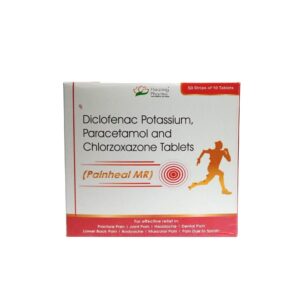HAEMATINIC
HAEMATINIC: Haematinic is a drug used to treat and prevent iron deficiency anemia. Iron deficiency occurs when there is a lack of iron in the body, leading to low levels of red blood cells and reduced oxygen-carrying capacity.
The mechanism of action of haematinic is to provide supplemental iron to the body. Iron is an essential element necessary for the production of hemoglobin, the protein responsible for transporting oxygen in red blood cells. Haematinic helps to increase iron levels in the body, which then promotes the production of red blood cells and improves overall blood oxygenation.
The dose of haematinic usually depends on the severity of iron deficiency anemia and the individual’s age and weight. It is typically taken orally as a tablet or liquid suspension. The dosage is often prescribed by a healthcare professional and should be followed strictly. It is usually recommended to take haematinic with a glass of water on an empty stomach, as certain foods and beverages can inhibit iron absorption.
Possible side effects of haematinic include gastrointestinal discomfort such as nausea, vomiting, constipation, and diarrhea. Some individuals may also experience a bitter or metallic taste in the mouth. These side effects are generally mild and subside on their own. However, in rare cases, allergic reactions or severe gastrointestinal reactions may occur, warranting immediate medical attention.
It is important to note that haematinic may interact with certain medications, such as antacids, tetracycline antibiotics, and proton-pump inhibitors. Therefore, it is advisable to inform the healthcare professional about all current medications before starting haematinic.
Overall, haematinic is an effective treatment for iron deficiency anemia, improving blood oxygenation and overall vitality. However, it is important to use this medication as directed and consult with a healthcare professional if any concerns or side effects arise.



